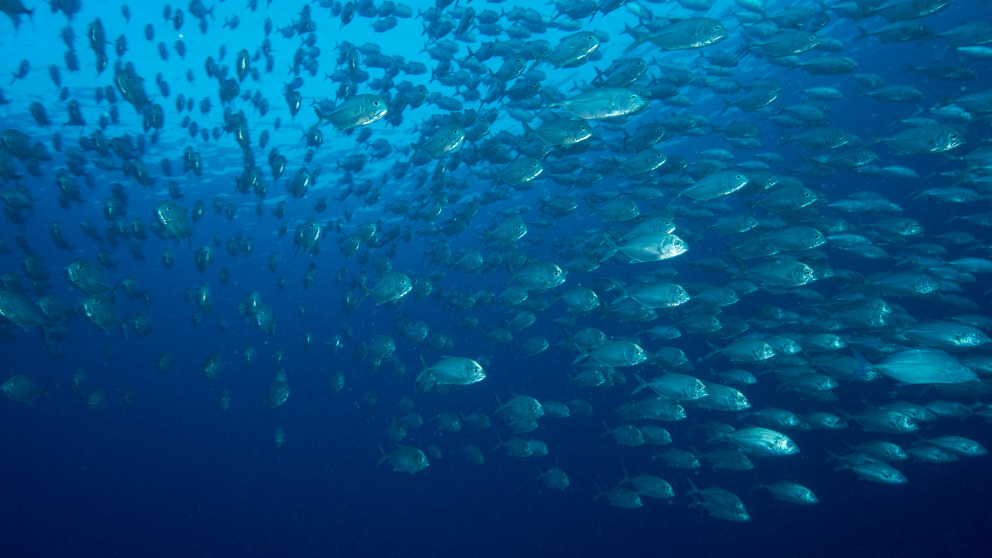Understanding Intuition in European Fisheries Management
03.03.2022
Scientific advice is increasingly used to inform policy. However, when the stakes are high, time is short and uncertainty looms, scientists are often guided more by their intuition than by knowledge. A new study shows that intuitive judgments can substantially influence policy advice – for example, in the setting of fishing quotas. While this is not necessarily detrimental, more transparency around this is desirable.

The so-called “anchoring effect” – the tendency to rely too heavily on information received earlier – is a common cognitive bias. Experts are particularly prone to using anchors when new findings or information are inconsistent with previous assessments. One area where the anchoring effect plays a significant role is in the assessment of fish stocks. Each year, the International Council for the Exploration of the Sea (ICES) publishes scientific assessments on the state of fish stocks in the Northeast Atlantic and proposes sustainable fishing quotas for the European fleet for the following year.
Expert judgments are indispensable
The policy advice offered by ICES is based on computational models and the analyses of fisheries scientists. Evaluations of fish stocks are carried out by working groups at annual meetings. "However, there are huge uncertainties in regard to the quantity, distribution and growth rate of fish stocks. While the computational models used by scientists are standardized, the parameters applied in making assessments – such as the natural mortality rate of fish stocks or climate change impacts – must be adequately weighted and this is highly dependent on expert judgement," explains author Esther Schuch (IASS/University of Wageningen).
The researchers examined a database of fish stocks and found evidence that intuitive judgments play a significant role. The anchoring effect was strongest in those cases where experts could take a more flexible approach to modelling and where fish stocks were in crisis. In such circumstances experts tended to be more risk averse and relied more heavily on existing data than was the case for species that are not at risk.
Raise awareness of the human factor
Recurrent assessments naturally take previous findings into account, explains Esther Schuch. And while this is only reasonable, it can lead experts to reject unlikely or seemingly implausible data that would in fact require immediate attention. "We know that intuitive expert judgments may well lead to better advice. However, this requires that experts are able to identify and interpret appropriate cues within computational models in order to gauge whether diverging data is simply an outlier that needs to be corrected, or whether something fundamental has changed."
Fisheries scientists are primarily concerned with technical and scientific uncertainties. However, these experts need to be more aware of the role that the human factor plays in their work, the authors suggest. At the same time, policymakers and the public must do their part to create an environment in which experts are able to revise their estimates without harming their reputations.
Schuch, E., Richter, A. (2022 online): Tracing intuitive judgement of experts in fish stock assessment data. - Fish and Fisheries. https://doi.org/10.1111/faf.12646
Contact

